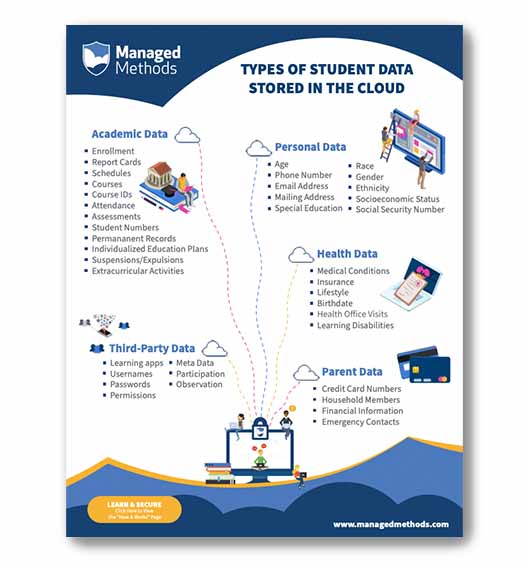
Guardians of Privacy: Navigating Educational Data Protection
In an era dominated by digital learning and technological advancements, the issue of educational data privacy has become paramount. This article explores the significance of safeguarding student data, the challenges in ensuring privacy, and the measures taken to protect sensitive educational information.
The Importance of Educational Data Privacy
Educational data privacy is crucial for maintaining trust and security in the education system. Student data, ranging from personal information to academic records, is sensitive and deserves protection. Ensuring privacy not only complies with legal regulations but also fosters a safe and secure learning environment.
Challenges in the Digital Learning Landscape
The proliferation of digital learning tools and online platforms has introduced challenges to educational data privacy. With students engaging in virtual classrooms, submitting assignments online, and using various educational apps, the amount of data generated has surged. Balancing the benefits of technology-enhanced learning with the need for privacy protection is a delicate task.
Legal Frameworks and Compliance
Several legal frameworks, such as the Family Educational Rights and Privacy Act (FERPA) in the United States, govern educational data privacy. Compliance with these regulations is essential for educational institutions. It ensures that students and their families have control over their information and establishes guidelines for the responsible use of educational data.
Data Encryption and Security Measures
To safeguard educational data, encryption and robust security measures are imperative. Encryption converts sensitive information into a code, making it challenging for unauthorized parties to access. Educational institutions must employ state-of-the-art security protocols to protect data both in transit and at rest.
Balancing Data Collection and Privacy Concerns
Finding the right balance between collecting valuable data for educational purposes and respecting privacy concerns is a constant challenge. Educational institutions must be transparent about the type of data collected, the purpose behind it, and how it will be used. This transparency builds trust and ensures that data collection is ethical and for legitimate educational reasons.
Educating Stakeholders on Privacy Measures
Educational data privacy is a collective responsibility involving educators, administrators, parents, and students. Providing comprehensive education on privacy measures ensures that all stakeholders are aware of the importance of protecting sensitive information. Awareness campaigns and training sessions contribute to a culture of privacy within the educational community.
Ethical Use of EdTech Platforms
The ethical use of Educational Technology (EdTech) platforms is integral to maintaining educational data privacy. Institutions must carefully vet the privacy policies of third-party applications and platforms used in the educational environment. Choosing tools that prioritize data security and comply with privacy regulations is crucial in safeguarding student information.
Continuous Monitoring and Auditing
Continuous monitoring and auditing of data practices are essential components of a robust educational data privacy strategy. Regular assessments help identify potential vulnerabilities, ensure compliance with privacy regulations, and enable institutions to promptly address any issues that may arise. Proactive monitoring is key to staying ahead of evolving privacy threats.
Ensuring Parental Involvement and Consent
In the case of minors, ensuring parental involvement and obtaining consent for data collection is paramount. Educational institutions should communicate clearly with parents about the type of data collected, its purpose, and how it will be used. Providing parents with the option to control their child’s data enhances transparency and respects parental rights.
The Future of Educational Data Privacy
As technology continues to advance, the future of educational data privacy relies on continuous adaptation and innovation. Institutions must stay informed about evolving threats and leverage emerging technologies to enhance data protection. Collaborative efforts between educational stakeholders, policymakers, and technology providers are crucial for shaping a secure and privacy-centric educational landscape.
Explore Educational Data Privacy to delve deeper into the measures and challenges associated with safeguarding student data. Understanding and prioritizing educational data privacy is essential for creating a secure and trustworthy learning environment in the digital age.



